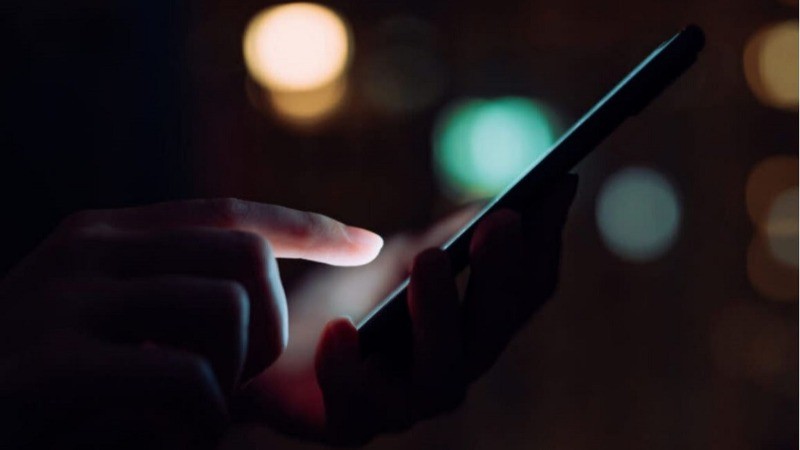
The debate over banning cellphones in schools is gaining traction across the United States, with both Republican and Democratic governors showing strong support for the initiative. This bipartisan push reflects growing concerns about the impact of phones on students' mental health and classroom distractions.
In North Dakota, public education groups acknowledged the need for clear policies on student cellphone use but largely resisted the idea of a state-imposed ban.
Representative Jim Jonas, R-West Fargo, introduced House Bill 1160, which proposes banning students from using cellphones during class. A suggested amendment to the bill allows exemptions for health-related uses, such as monitoring diabetes, or in cases where a student's learning plan requires phone access.
The North Dakota House Education Committee has yet to make a decision on the bill, with further discussions expected next week.
Debate at the Local Level
Legal counsel for the North Dakota School Boards Association, KrisAnn Norby-Jahner, emphasized that decisions about cellphone use should remain at the local level. However, she expressed openness to a requirement for schools to establish their own cellphone policies. Similarly, Mike Heilman, director of the North Dakota Small Organized Schools, stated that his organization opposes the bill but sees value in state support for creating such policies.
Heilman highlighted that some teachers incorporate phones into lessons, assigning designated spots on desks for phones when not in use. He also noted that some schools may prefer allowing juniors and seniors greater access to their devices.
Concerns Over Mental Health and Distractions
Educators have pointed to the negative effects of phones on students’ mental health and their role as distractions. West Fargo High School Principal Rachel Bachmeier reported a reduction in student conflicts after restricting phone use to breaks between classes. Parents have largely supported this approach, though not a total ban. Conversely, Bismarck Century High School Principal Steve Madler described his experience with an all-day phone ban as impractical for many students and families.
Rep. Jonas, who is a former teacher, argued that limiting cellphone use could improve test scores and mental health. However, he has not clarified how the state would enforce the proposed policy or penalize schools that fail to comply.
Nationwide Momentum
Across the United States, 77% of schools reportedly restrict cellphone use for non-academic purposes, according to the National Center for Education Statistics. However, this statistic may not reflect consistent enforcement.
Governors in both red and blue states have endorsed school-wide cellphone bans, citing classroom disruptions and mental health concerns. For instance, Republican Governor Sarah Huckabee Sanders of Arkansas and Democratic Governor Gavin Newsom of California—despite differing political ideologies—both support stricter policies on student cellphone use.
Florida was the first state to pass a law requiring all public schools to ban cellphone use during class and block social media access on school Wi-Fi. California’s 2024 law requires its nearly 1,000 school districts to implement their own policies by 2026. Meanwhile, states like Arkansas have launched pilot programs offering grants to schools that adopt phone-free environments.
Pushback From Parents
Not everyone supports these bans. Some parents argue that access to phones is essential for emergencies, especially in light of recent school shootings. Others believe students need phones for practical purposes like coordinating transportation.
Critics also contend that banning cellphones will not resolve deeper issues such as bullying or the dangers of social media. Keri Rodrigues, president of the National Parents Union, emphasized that while social media poses real risks, broad bans on devices are not the solution.
The Road Ahead
As of now, at least eight states, including California, Florida, Indiana, and Virginia, have enacted laws restricting cellphone use in schools. With more states considering similar measures, the conversation around balancing safety, education, and mental health continues to evolve.